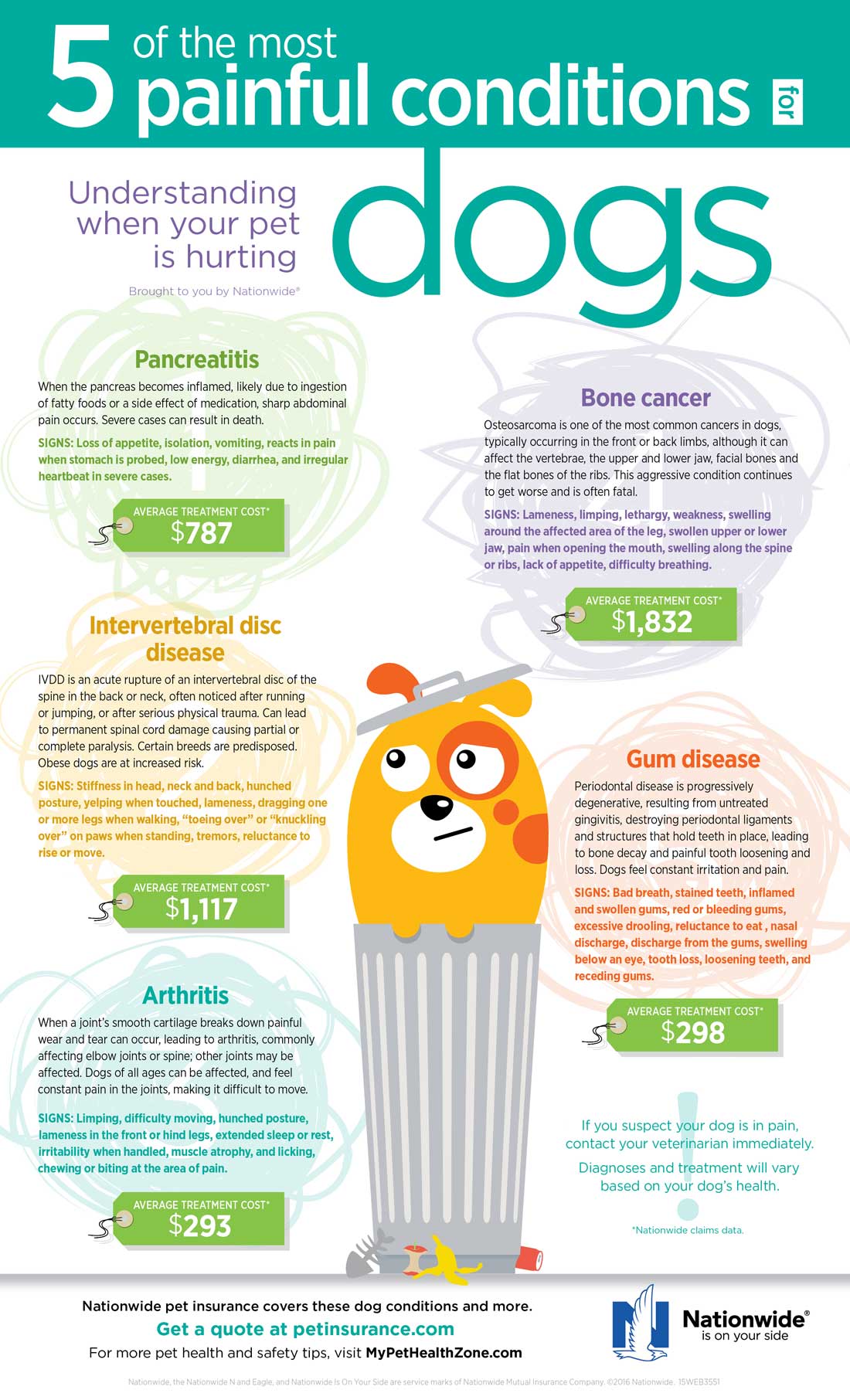Pets in day care receive great deals of exercise, socialization with various other pet dogs and distinct experiences. This can be specifically practical for puppies and dogs with behavior problems.
There are several legal factors to consider you require to think about when starting a doggy daycare company. These consist of the framework of your service and conformity with federal government regulations.
1. Canine Distemper
Canine distemper is spread with straight contact with the physical liquids and waste of a contaminated pet, but it can also be transmitted through shared water and food bowls or with air-borne beads. This extremely transmittable ailment is most unsafe for pups, yet it can impact dogs of any age and is fatal for many if left neglected.
Preliminary symptoms of canine distemper frequently imitate a cold, including drippy eyes and nose with watery or pus-like discharge. As the illness advances, a canine will establish fever, coughing, decreased hunger, vomiting and diarrhea. The virus can also attack the nervous system, resulting in seizures, twitching and partial or full paralysis.
Reliable daycares reduce exposure to infection by calling for inoculations, regular health examinations and comply with stringent hygiene protocols. If your pup seems overly weary or hopping, a day of rest may help him recover, yet you need to stay clear of taking him back to childcare up until these signs clear up.
2. Kennel Cough
Kennel coughing, likewise referred to as infectious canine tracheobronchitis or Bordetella, is a highly infectious viral or bacterial disease that affects the respiratory system. It's generally moved with the exchange of saliva or air droplets that a sick canine exhales. Social pets go to greater danger for infection due to their frequent communication with one another, such as when they play, share food or water, sniff each other or merely satisfy in a congested environment like a pet park or childcare.
The most common signs and symptom of kennel coughing is a consistent and forceful coughing that seems like something stuck in the throat or retching. Often, pets will certainly cough up foamy white phlegm. If left without treatment, a canine can develop pneumonia and go to severe risk permanently.
A reputable childcare facility should have rigorous cleaning and sanitation methods, sterilize all toys, food and water bowls regularly, and be open concerning their vaccination policies. Maintaining your pet dog up to day on their vaccinations, specifically for bordetella and canine flu, will considerably decrease their chances of getting the disease.
3. Parvovirus
Canine parvovirus, or parvo, is an extremely infectious viral health problem that can be lethal for puppies and young person pet dogs with poor body immune systems. It's most typically spread out by direct contact with polluted dog feces-- which can take place when canines sniff, lick, or preference infected feces-- and indirectly from infected people, things, or environments (like kennels, brushing rooms and grass). Young puppies and dogs without full vaccination backgrounds are especially at risk to parvo.
The virus is extremely durable, surviving in the setting for up to 9 years, and can quickly be moved between pets by get in touch with via feces or on shoes, apparel, and bed linen infected with parvovirus. If not treated immediately with IV liquids, electrolyte balance, throwing up control medicines and anti-biotics to avoid second bacterial infections, a canine will swiftly dehydrate and create severe diarrhea, which causes shock and sepsis. Parvo is challenging to heal when a pet has ended up being ill, but with proper vet care, several puppies do endure this illness.
4. Dog Flu
Canine flu virus is extremely transmittable and spreads through straight call, sharing food and water bowls, licking or nuzzling other pet dogs, with air-borne droplets, and with infected surfaces. Inoculation works in decreasing the threat of infection and outbreaks.
Many influenced dogs establish a light respiratory infection with a coughing that lasts 1-3 weeks. They might also have nasal and eye discharge, sneezing, and sleepiness. Some dog boarding facility near me of one of the most significant cases lead to pneumonia and a high fever.
If your pet exhibits any of these signs and symptoms, do not bring them back to daycare up until they are healthy and balanced. If your dog is showing indications of severe exhaustion or limping, speak with your veterinarian right away and ensure they get on healthiness supplements to help develop their resistance. A vet will assess your canine for signs and symptoms of the flu by taking a sample from the nose or throat, and blood tests can be done to validate.
